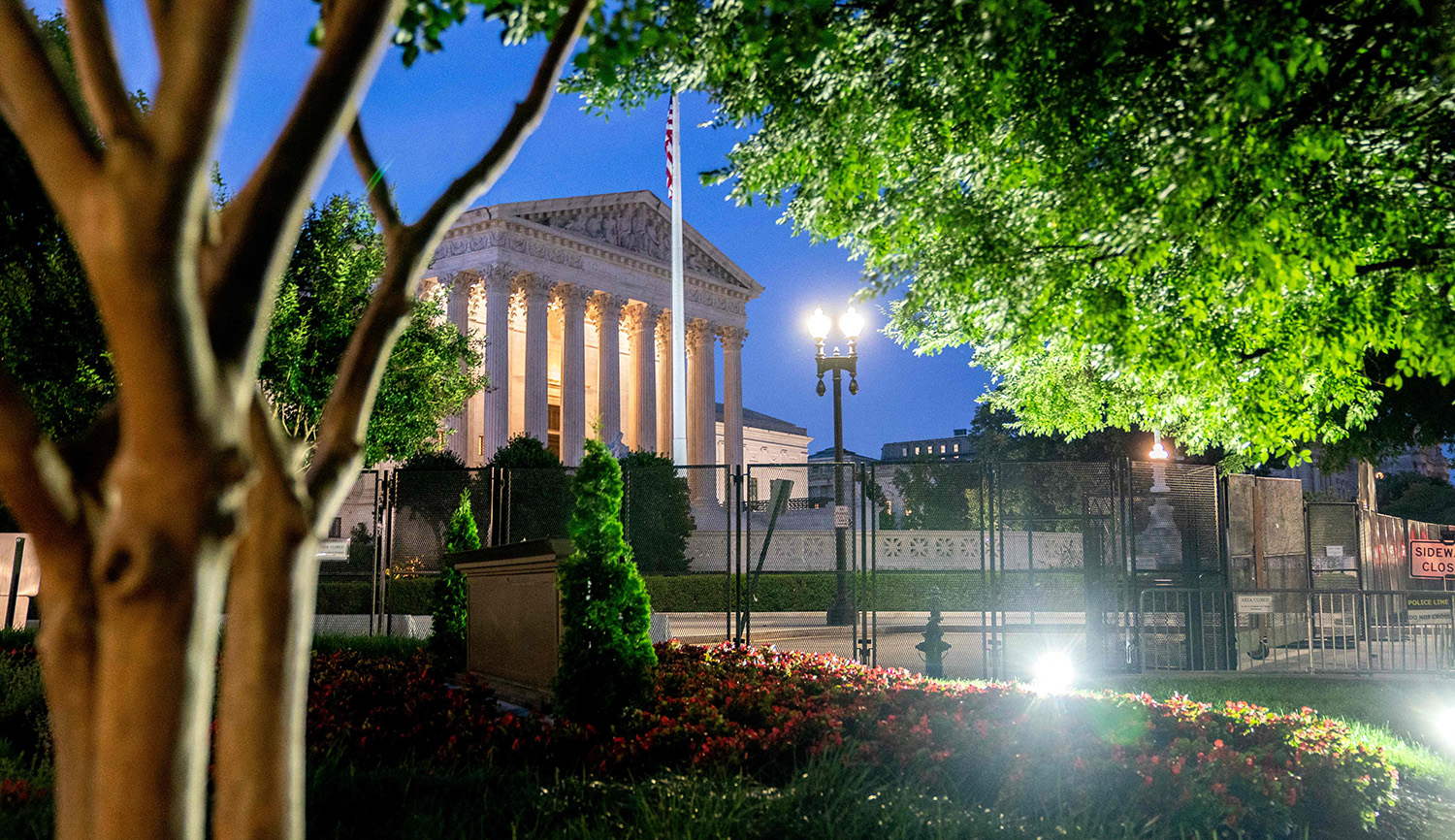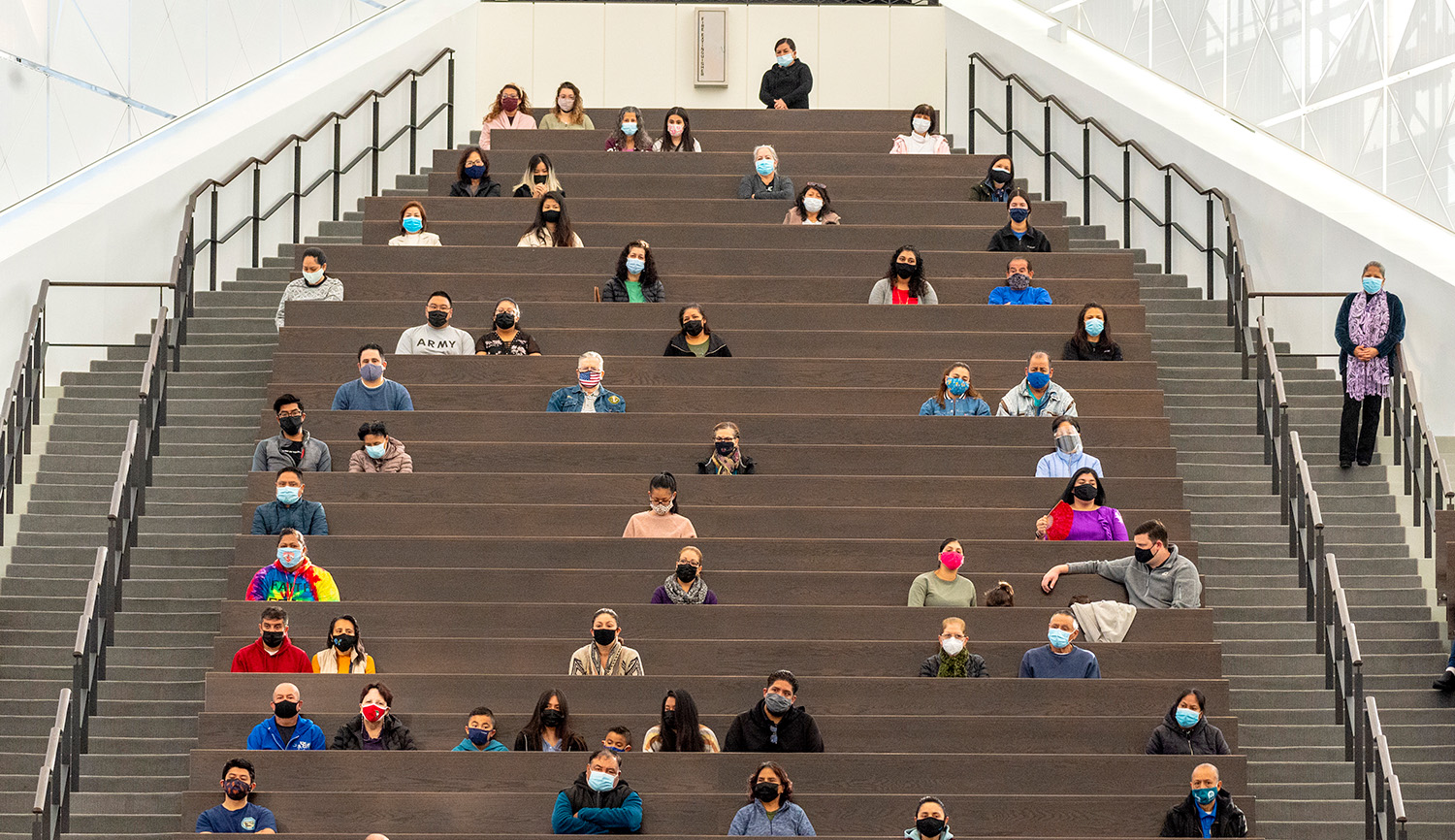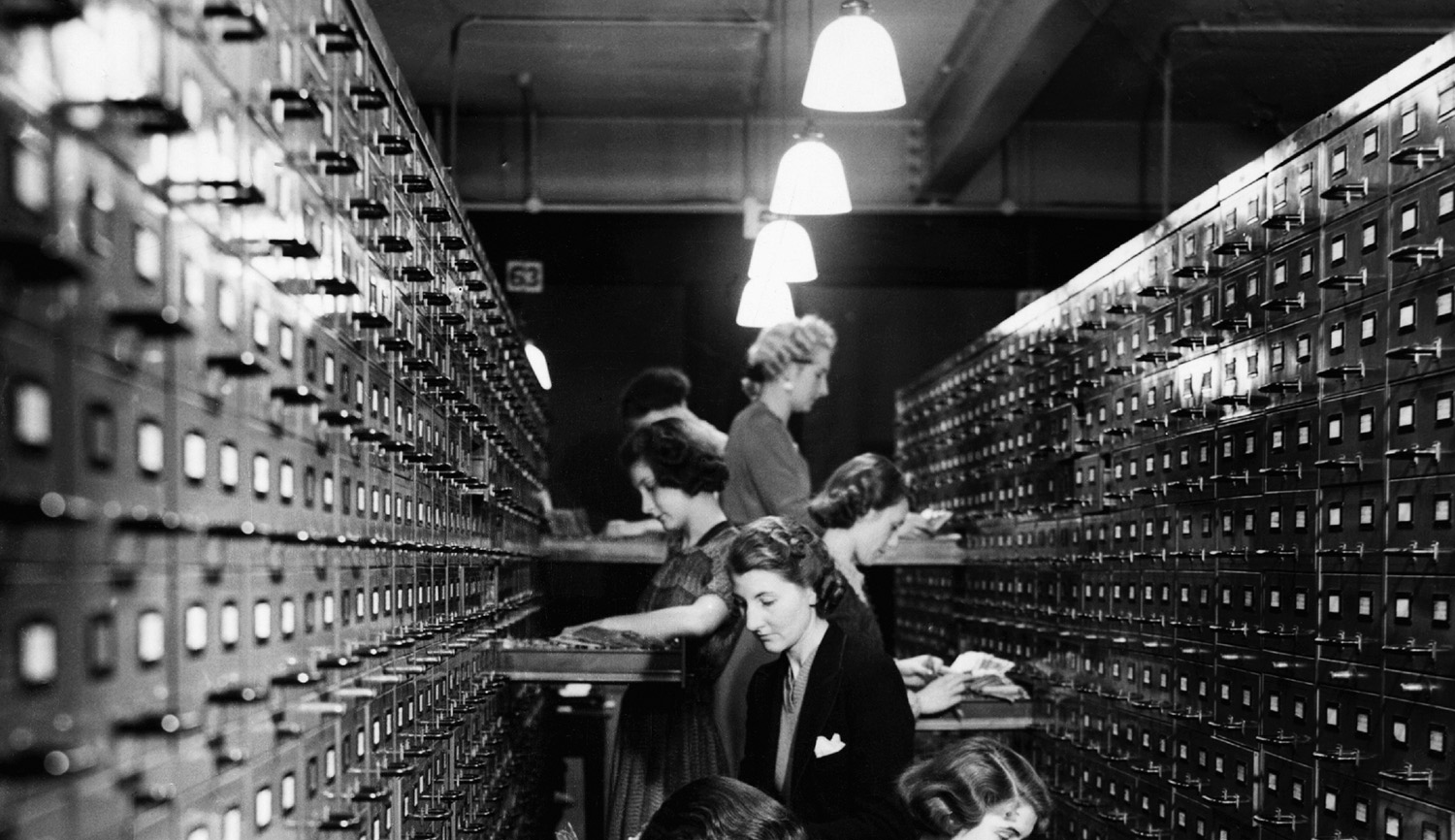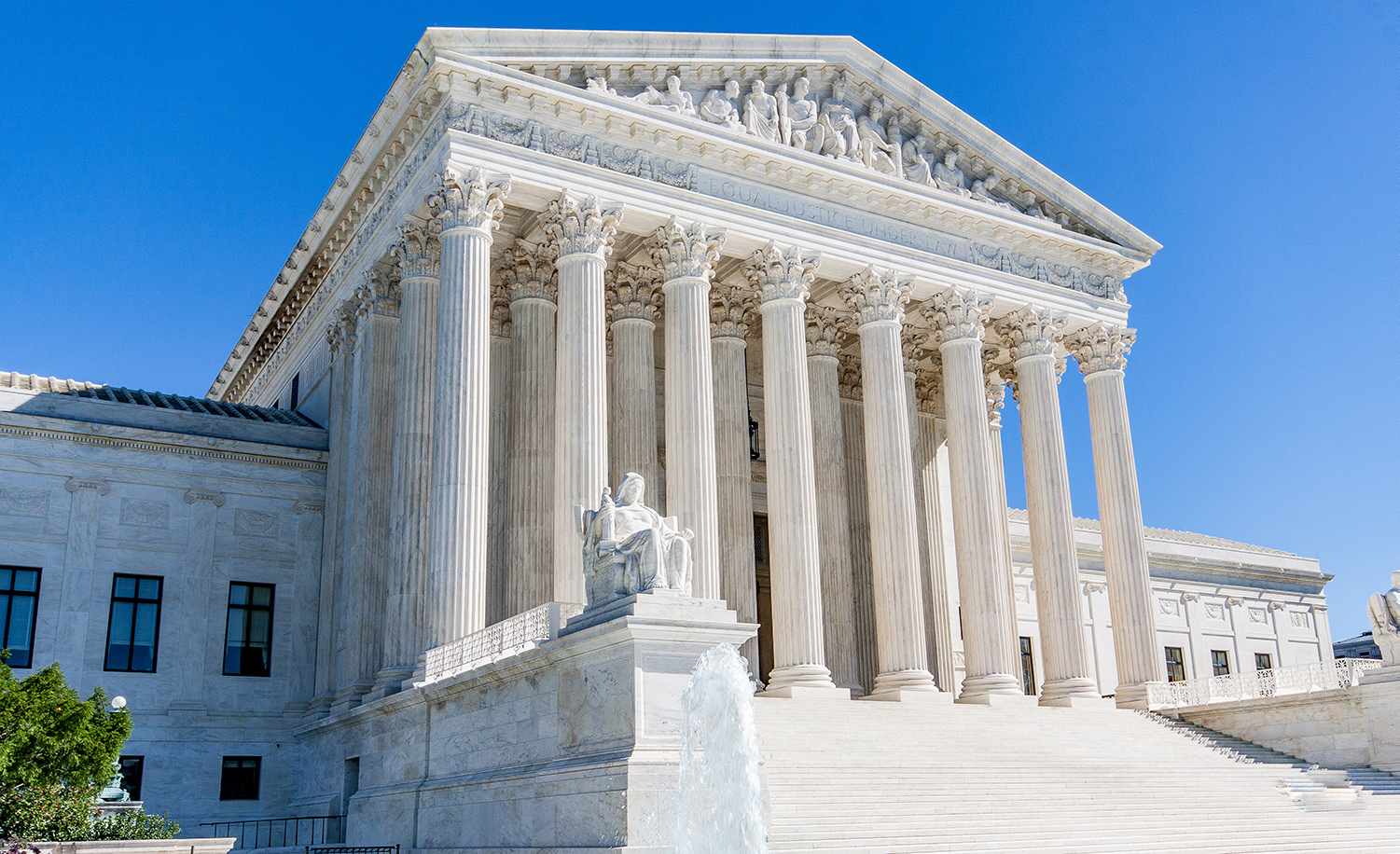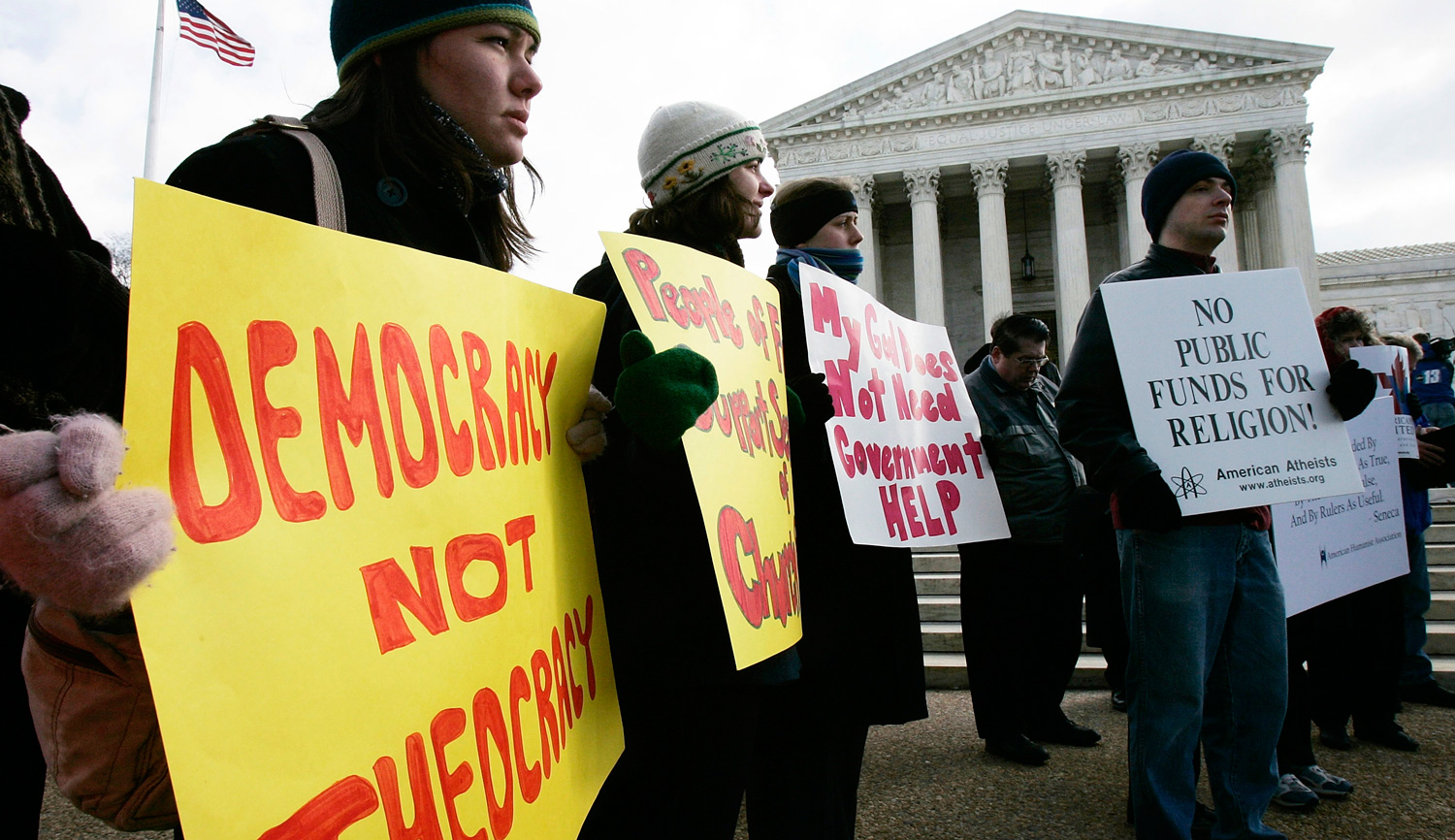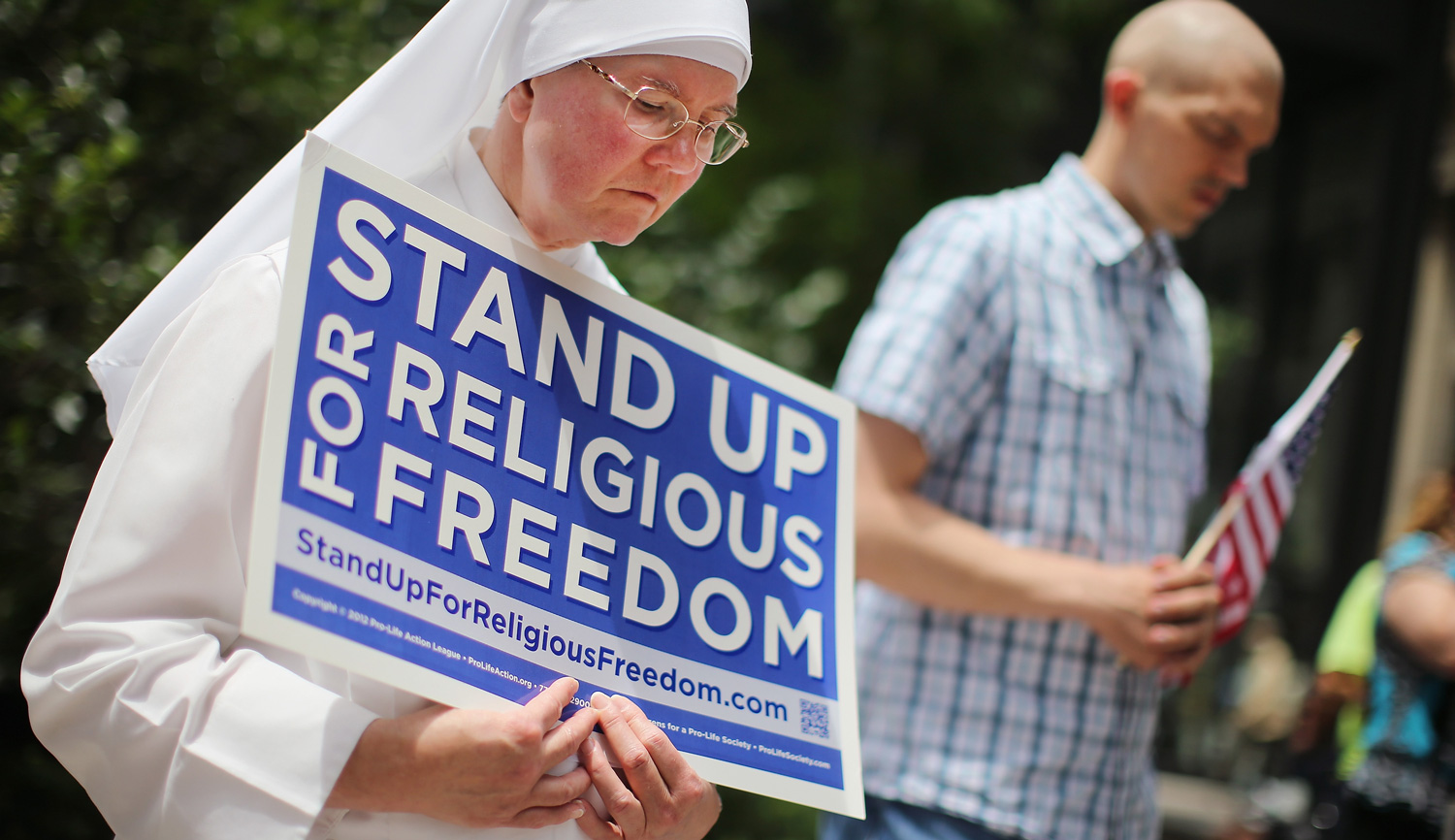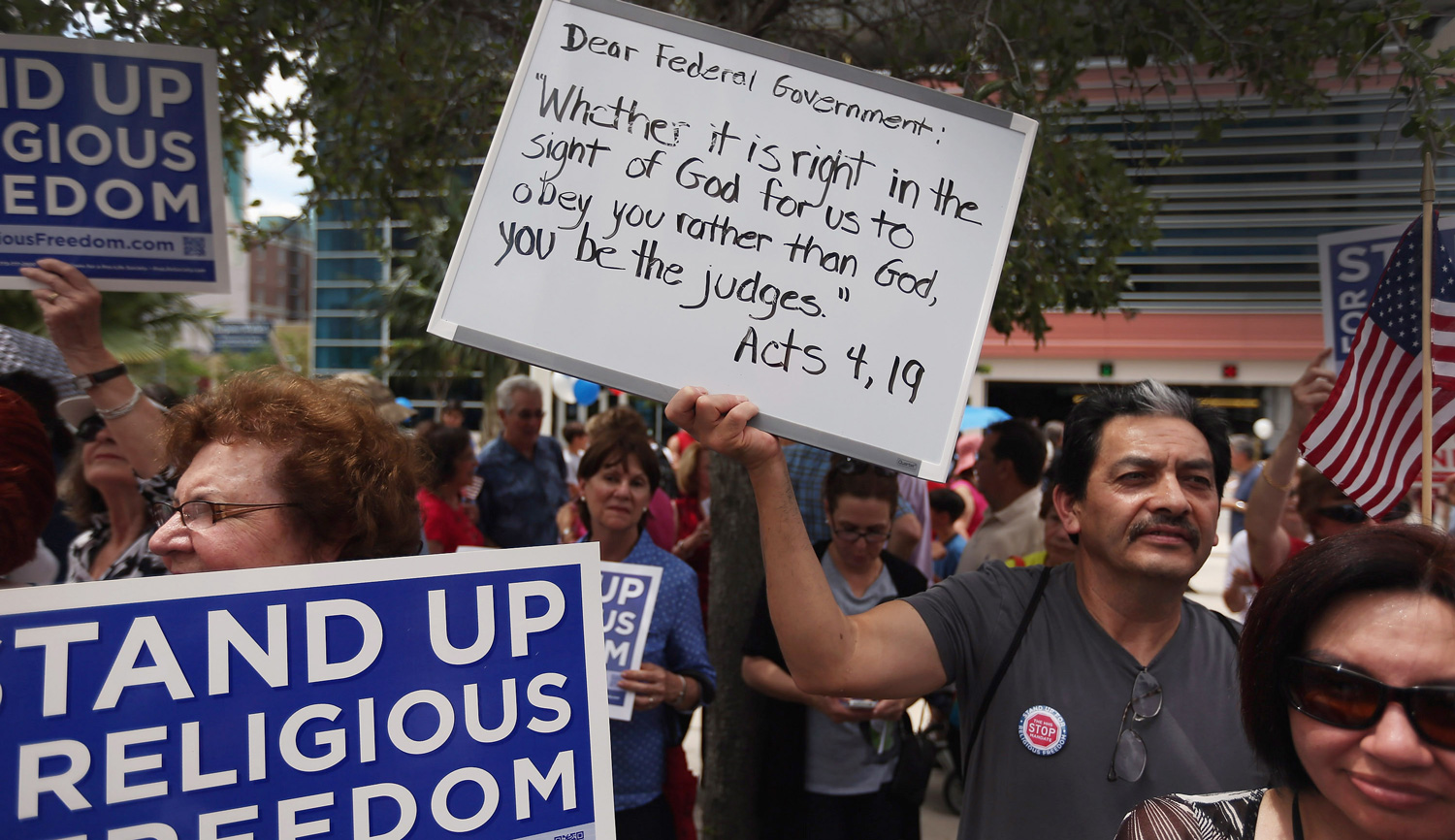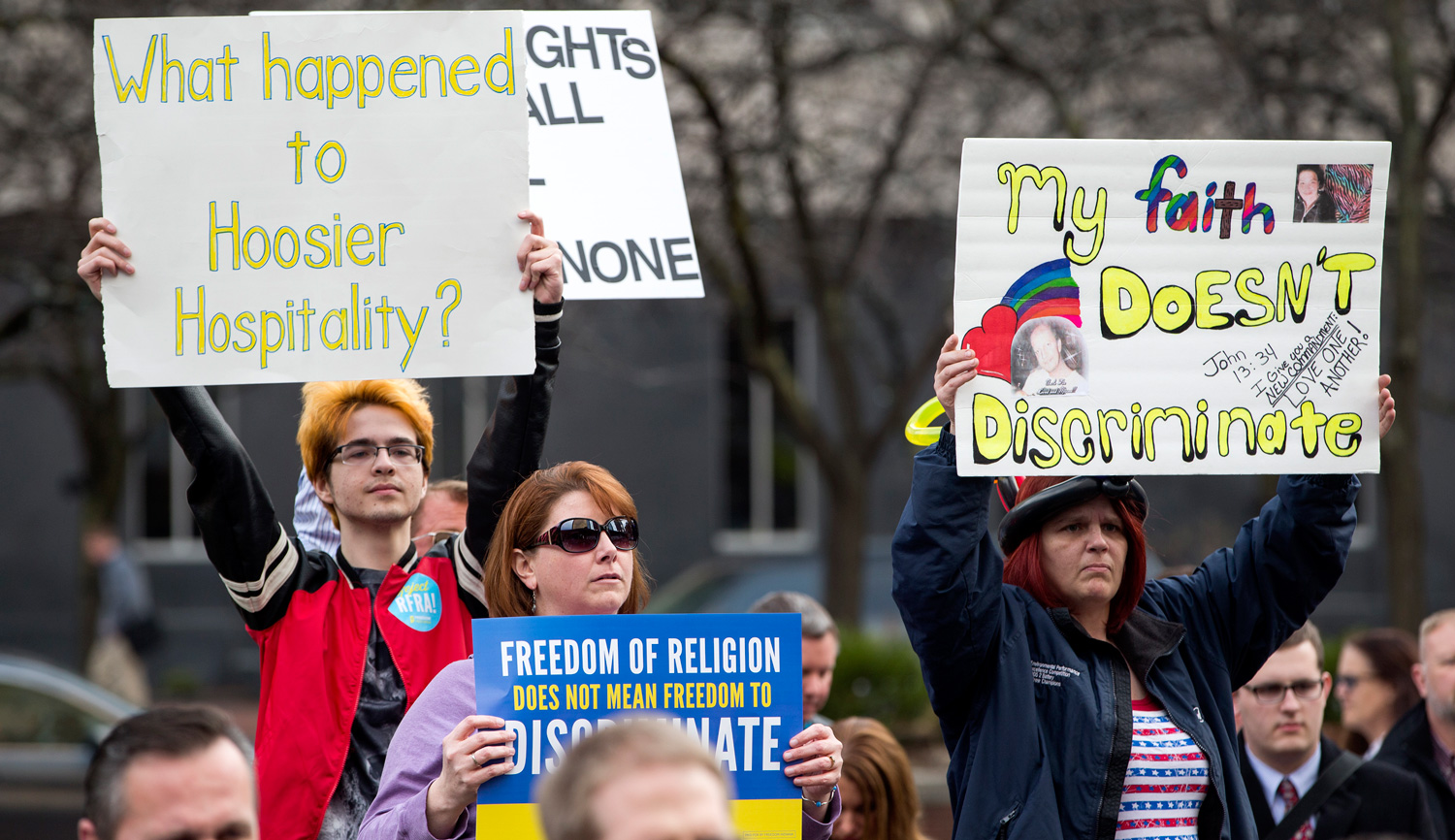Religious liberty
The author of a Supreme Court amicus brief talks about a recently argued case that could have enormous consequences for religious Americans.
Do America’s legal guarantees of religious liberty make it easier for legislatures to place a burden on religion in the first place?
Bureaucratic institutions apply a patina of objective, empirical rigor over human judgements that are fundamentally subjective and too often anti-religious.
The nation is fighting about religion more than ever. The reason why has as much to do with a change in the nature of the government as it does with a change in the culture.
In its most recent term, the court handed down several decisions that protect First Amendment rights. What comes next?
Contra Alexandria Ocasio-Cortez, the RFRA protects minorities.
That is: can the separation of church and state function for an increasingly unchurched people whose secular passions rely on the exercise of state power?
A striking correlation exists between the decay of liberal education and the belief that government should push American citizens toward progressivism.
The push to establish and enforce a national secularist creed is undermining traditional faiths’ right of free exercise.
Currently, Jews are among the most popular religious groups in the U.S. As the liberal left’s commitment to religious liberty fades, how long will this consensus last?
Sharing his views on the resurgence of religion in modern society, Jonathan Sacks, the UK’s chief rabbi emeritus, also discusses how Judaism and Christianity have. . .
Where previous societies had “tolerated” religious minorities, the U.S. Constitution was the first to promote free religious practice.
The goals of post-sexual-revolution liberalism are at odds with the beliefs of almost every traditional religious body. Can a battle to the death be averted?
“May the children of the stock of Abraham who dwell in this land continue to merit and enjoy the good will of the other inhabitants—while. . .

